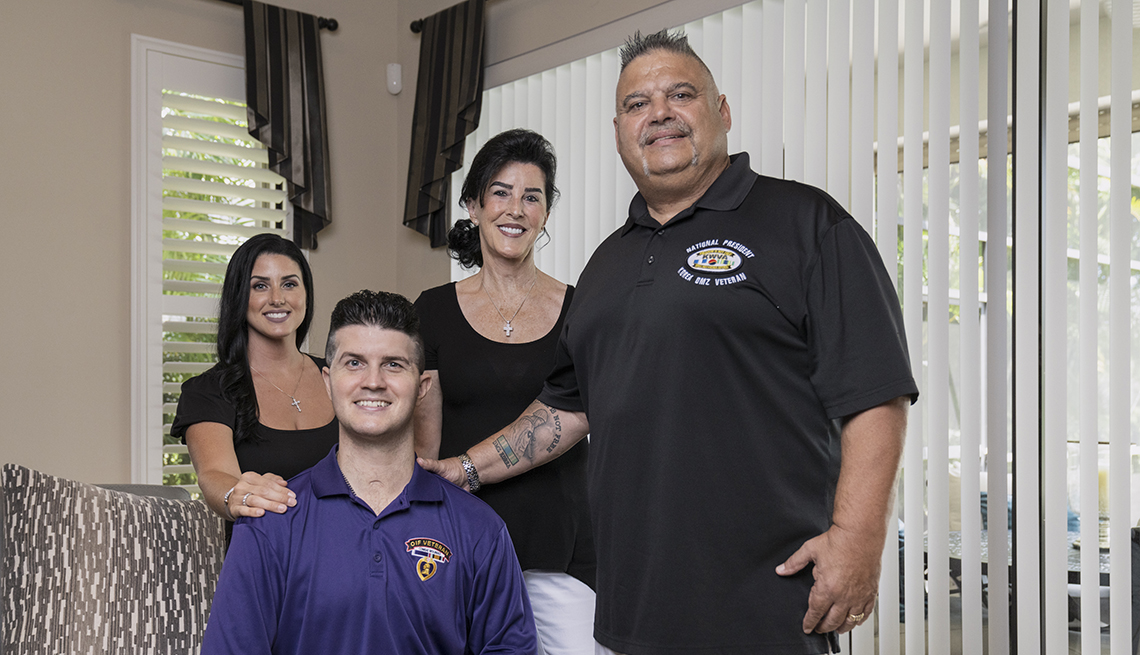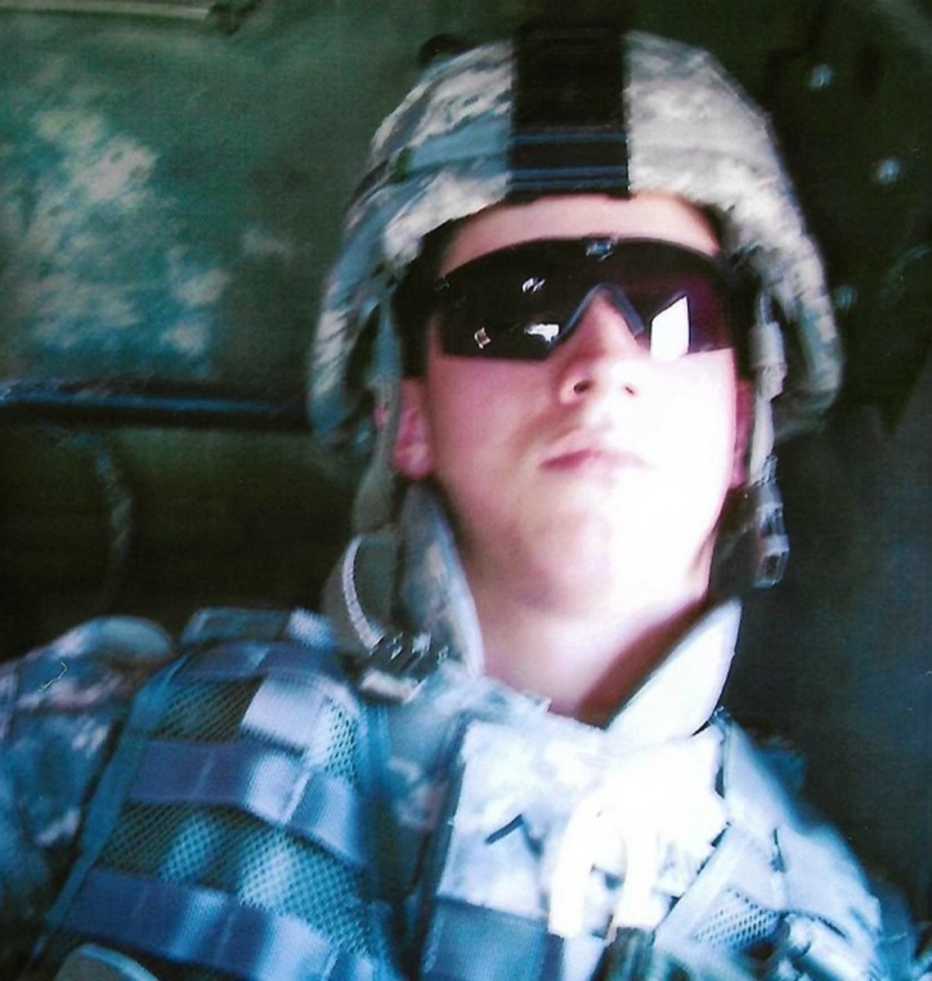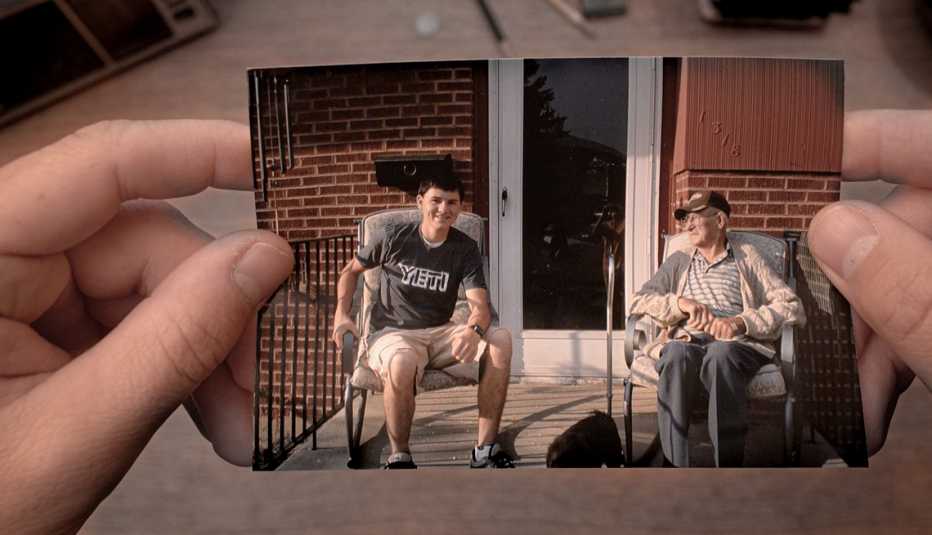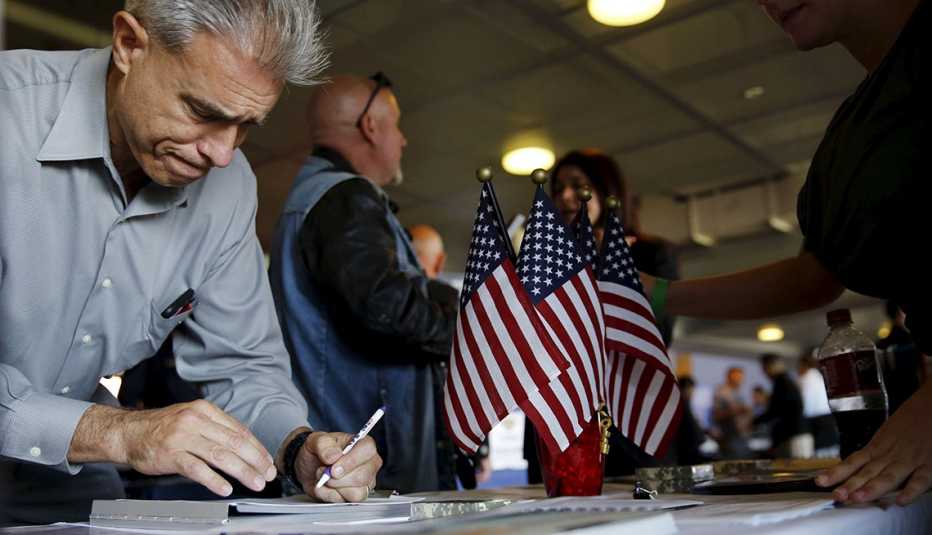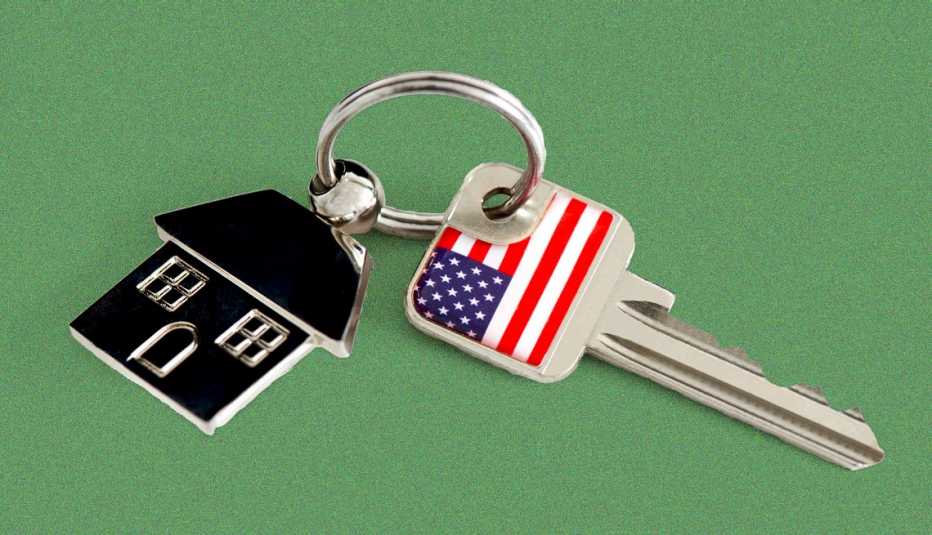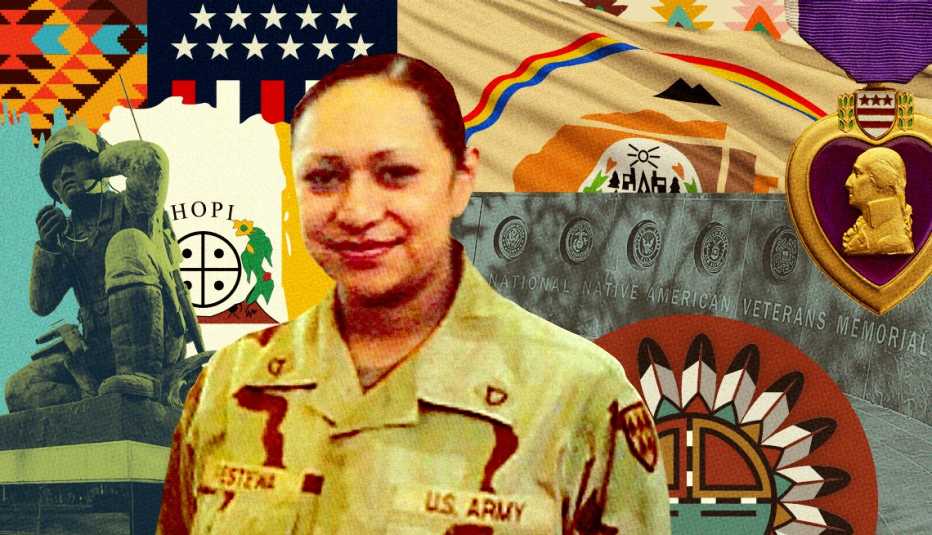AARP Hearing Center
I come from a long list of military veterans in my family, going back to my grandfather, who served in the U.S. Navy in World War I. My father was in World War II, also Navy.

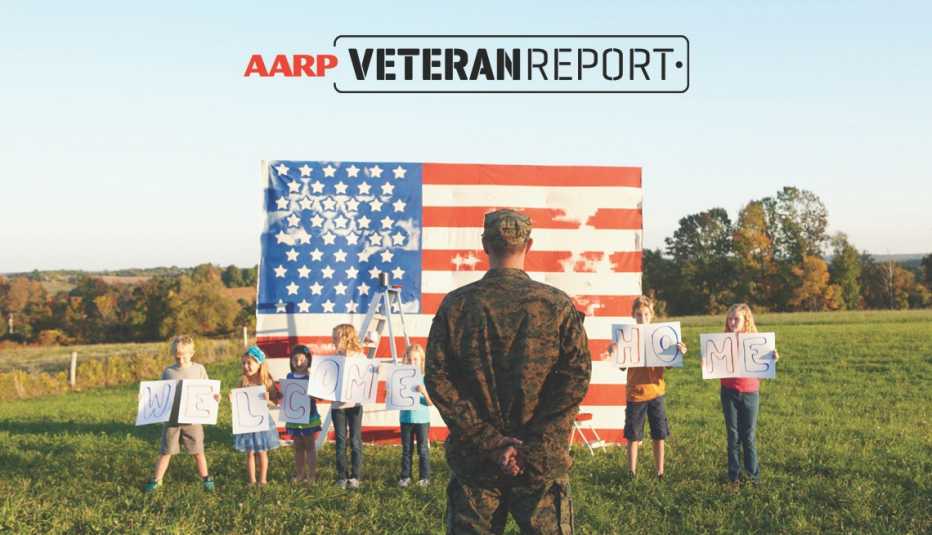
You can subscribe here to AARP Veteran Report, a free e-newsletter published every two weeks. If you have feedback or a story idea then please contact us here.
My uncles were all in the Korean War. My older brother, a Marine, was in Vietnam. Naturally, I wanted to serve. In 1982, I was living in Boston, where I was raised, and I enlisted in the Army.
When I first got to Fort Benning in Georgia, the drill instructors were saying to all the recruits: “You don’t want to go to Korea because people get killed over there.” We all looked at each other and didn’t know what they were talking about. We were just 18-year-old kids.
This was well after the end of the Korean and Vietnam wars, and the Demilitarized Zone (DMZ) was the line at the 38th parallel that separated North and South Korea. More than any other place in the world, this was the dividing line of the Cold War, where the two sides stood face-to-face.
I ended up going to Korea and patrolling along the DMZ.
We’d hear the North Koreans every night. They were on a loudspeaker, and they would blast music. They would drop leaflets of propaganda on us from balloons. It was an incredible place.
They teach you things in the military they don’t teach you in college. You’re a young kid, ready to put your life on the line with kids from all over the country, from every race, every religion.

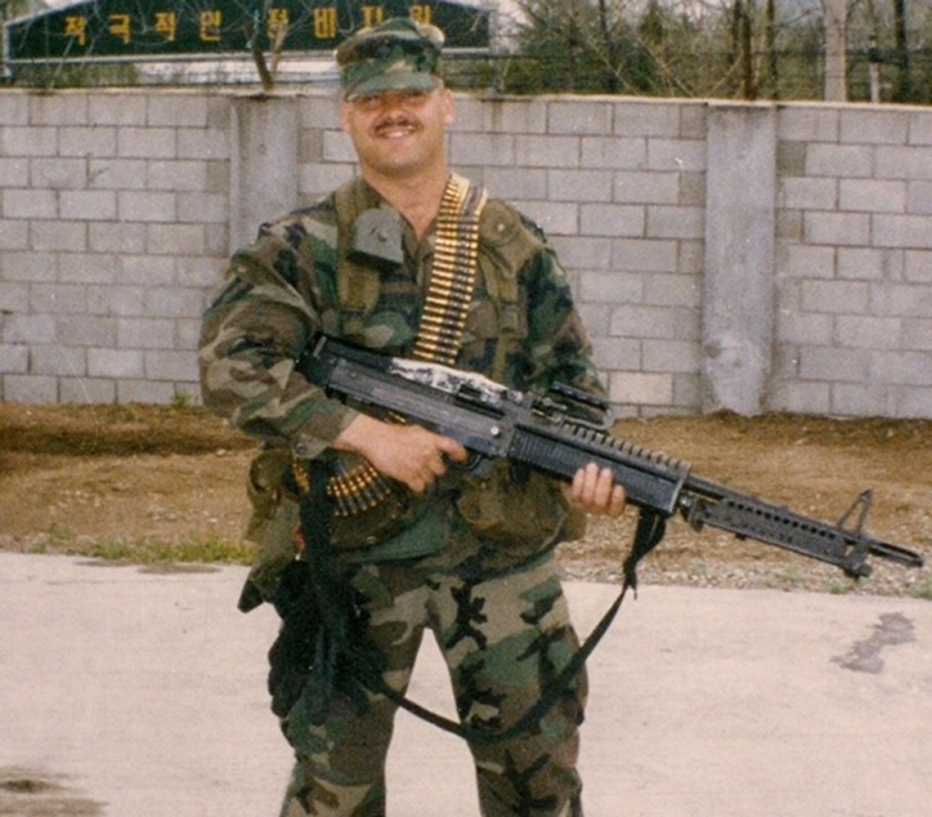
You are out in some of the most intimate environments for weeks and sometimes months at a time with these fellow soldiers. They are as close to you as your own family — or closer. That’s what the military was about for me.
I’ve carried those values with me every day. And I had no idea that those lessons were exactly what I would need to face the challenges that were to come.
When I got out of the military, I used the VA Vocational Rehabilitation program to help me get multiple degrees from the University of Massachusetts Boston. That got me started in my career. I ended up marrying Maura, who served in the Navy. We have a son, Vincent, and a daughter, Colleen.
Vincent went into the Army after 9/11. He went over to Iraq with the 82nd Airborne, and within a month, during the surge in 2007, his team went in to clear a building. His team leader opened the door and a bomb blew him up and killed him. My son was four feet away, to his right. You never forget that phone call when it comes.































































